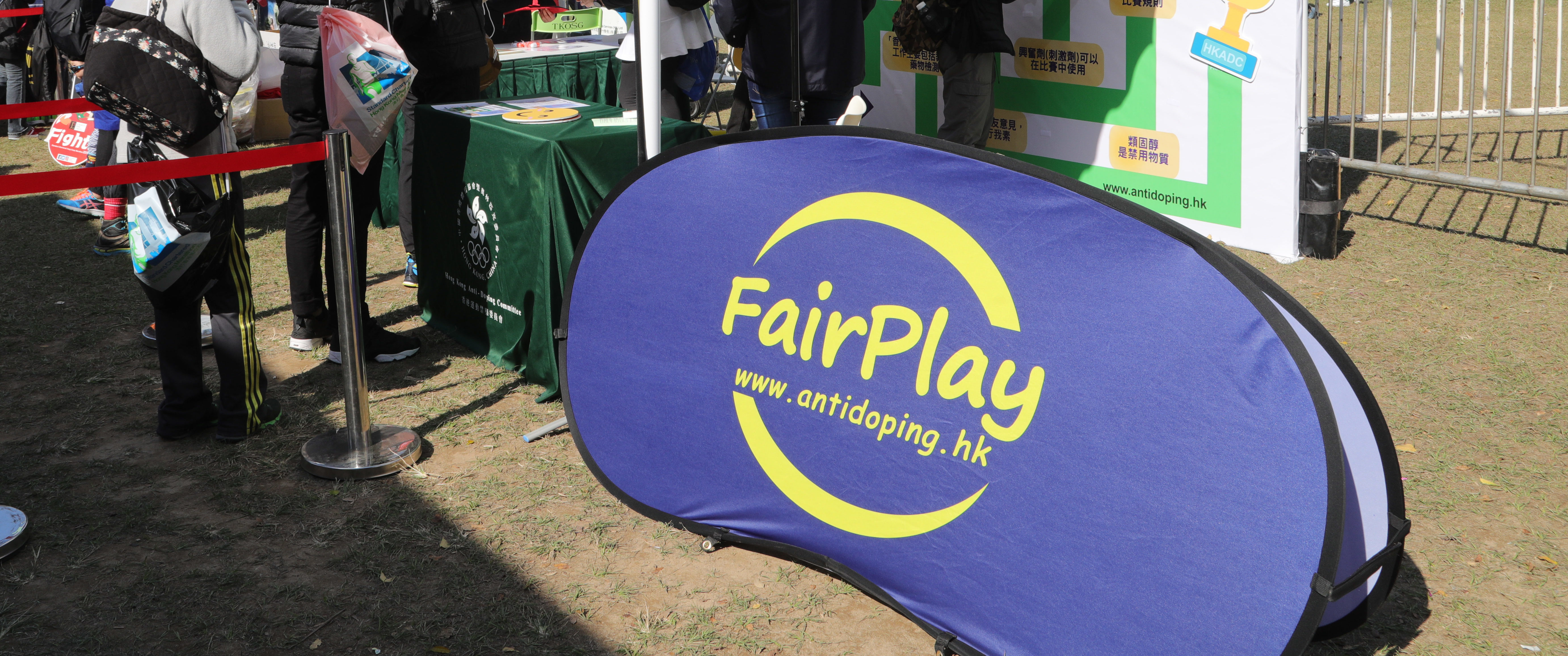Since the establishment of the World Anti-Doping Agency (WADA) in 1999, worldwide sport organizations and public authorities have planned and implemented their anti-doping programmes according to the “World Anti-Doping Code” (the Code).
UNESCO started drafting the “International Convention Against Doping in Sports” (the Convention) in 2003. The Convention was unanimously adopted in October 2005 by the General Conference of UNESCO. The then Chinese Premier, Mr. Wen Jiabao, approved the People’s Republic of China (PRC) to deposit its instrument of accession for the Convention in August 2006. In accordance with the Basic Laws of the Hong Kong Special Administrative Region (SAR) and the Macao SAR, the Convention also applies to the Hong Kong SAR and the Macao SAR. The Convention requires the states parties to pay special attention on coordination within the country so as to ensure implementation of the Convention. It is also expected that anti-doping organizations, sports bodies and organizations should cooperate to the fight against doping.
In Hong Kong, the Sports Federation & Olympic Committee of Hong Kong, China (SF&OC) accepted the Code in March 2004. The Elite Sports Committee (ESC) had begun discussing the need to set up an anti-doping organization in Hong Kong for fulfilling the requirements of WADA since 2006. It was the general view of the ESC that an anti-doping organization should be set up in Hong Kong and the anti-doping programme should be implemented by an independent committee operated under the auspices of the SF&OC. The Hong Kong Anti-Doping Committee (HKADC) was therefore set up in April 2008 and its office started its operation in September 2008. In January 2009, HKADC also accepted the Code.
As of 1 April 2023, HKADC was renamed to Anti-Doping Organization of Hong Kong, China Limited, which is governed by a Board of Directors as an independent organization and the national anti-doping organization in Hong Kong.
